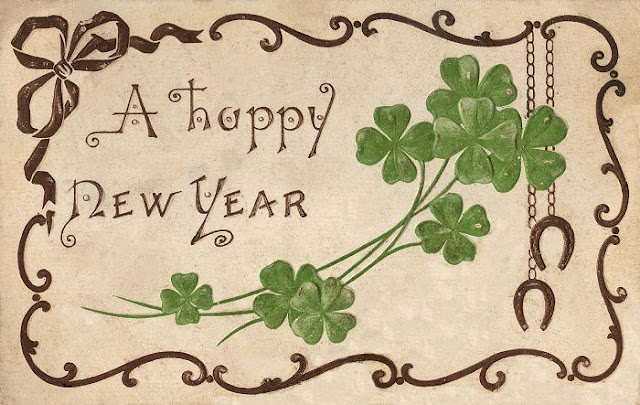Whitman's "Miracles"
In my new novel, Little Fire, I'm exploring themes of parenthood and religiosity. I'm thinking a whole lot about what it means to be a parent, how far we will go to be a good parent, how we must sometimes step back and understand that what might be best for our children is not always the best thing for us. I'm also thinking a whole lot about contemporary definitions of Christianity and how saying "I'm a Christian" might mean something totally different to you than it does to me because of those changing definitions. I'm thinking about religiosity and even Christianity in a more ecumenical and inclusive way, too. My main character, Micah, is someone who has only recently started to explore theology despite having been a fundamentalist preacher for the past ten years. The two things that completely opens his mind are books and music. He is lucky to discover writers like Thomas Merton, Willa Cather, and Walt Whitman and musicians like Patty Griffin, Joni Mitchell, and Jim James. After losing his faith, Micah begins to rediscover it within the notes of music and the words of books he encounters. Through art he is able to once again see the everyday miracles all around him.
Today I'm taking my writing inspiration from Poem 22 of Whitman's Leaves of Grass (1900 edition), commonly known as "Miracles":
Today I'm taking my writing inspiration from Poem 22 of Whitman's Leaves of Grass (1900 edition), commonly known as "Miracles":
| WHY! who makes much of a miracle? | |
| As to me, I know of nothing else but miracles, | |
| Whether I walk the streets of Manhattan, | |
| Or dart my sight over the roofs of houses toward the sky, | |
| Or wade with naked feet along the beach, just in the edge of the water, | 5 |
| Or stand under trees in the woods, | |
| Or talk by day with any one I love—or sleep in the bed at night with any one I love, | |
| Or sit at table at dinner with my mother, | |
| Or look at strangers opposite me riding in the car, | |
| Or watch honey-bees busy around the hive, of a summer forenoon, | 10 |
| Or animals feeding in the fields, | |
| Or birds—or the wonderfulness of insects in the air, | |
| Or the wonderfulness of the sun-down—or of stars shining so quiet and bright, | |
| Or the exquisite, delicate, thin curve of the new moon in spring; | |
| Or whether I go among those I like best, and that like me best—mechanics, boatmen, farmers, | 15 |
| Or among the savans—or to the soiree—or to the opera, | |
| Or stand a long while looking at the movements of machinery, | |
| Or behold children at their sports, | |
| Or the admirable sight of the perfect old man, or the perfect old woman, | |
| Or the sick in hospitals, or the dead carried to burial, | 20 |
| Or my own eyes and figure in the glass; | |
| These, with the rest, one and all, are to me miracles, | |
| The whole referring—yet each distinct, and in its place. | |
| To me, every hour of the light and dark is a miracle, | |
| Every cubic inch of space is a miracle, | 25 |
| Every square yard of the surface of the earth is spread with the same, | |
| Every foot of the interior swarms with the same; | |
| Every spear of grass—the frames, limbs, organs, of men and women, and all that concerns them, | |
| All these to me are unspeakably perfect miracles. | |
| To me the sea is a continual miracle; | 30 |
| The fishes that swim—the rocks—the motion of the waves—the ships, with men in them, | |
| What stranger miracles are there? |



Comments